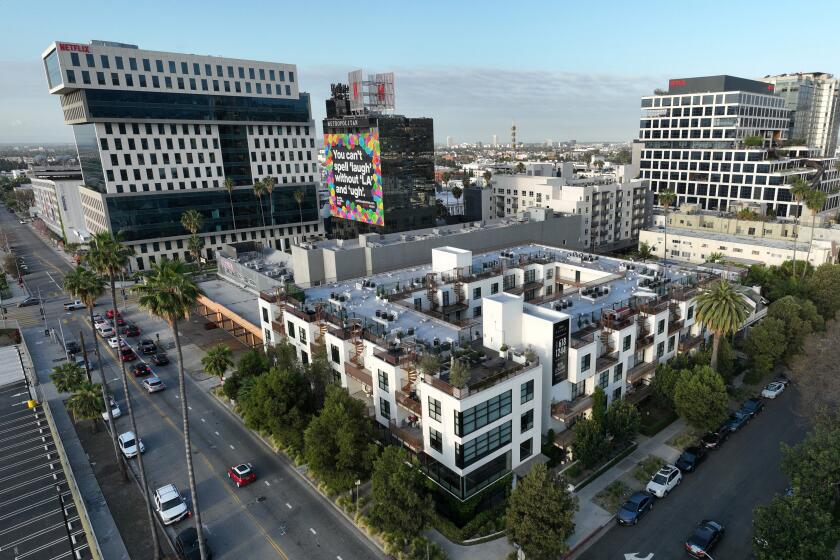Fresh Start for Police Reform
- Share via
Police reform is rarely easy, but the process in Los Angeles has been particularly rough. Perhaps that can change now that the three key positions for effecting a combination of stability and reform are in place. For the first time in a long while, no one in these important posts is fighting to hold onto the job.
Tuesday the Los Angeles Police Commission began a new and we hope productive era when it selected defense attorney Gerald L. Chaleff as its president. He joins Police Chief Bernard C. Parks and former U.S. Atty. Jeffrey C. Eglash, tapped just weeks ago as the commission’s inspector general, in the triumvirate of police reform. Topping their agenda should be renewed efforts at community policing, which to most residents means the presence of well-trained officers who know and understand their patrol neighborhoods. Such training and understanding are what will ensure that the department isn’t left trying to explain to a bewildered public how an officer wound up fatally shooting a homeless, frail and mentally ill woman armed with only a screwdriver.
To move the LAPD forward, the department needs focused leadership, all going in the same direction. Instead the department has been whipsawed in recent years: Parks replaced Willie Williams, who came in as a savior in the post-riot period, showed himself to be politically inept and was thus left ineffective; Eglash replaced Katherine Mader, the first inspector general, and Chaleff replaced attorney Edith Perez.
Now, Parks is nearing the end of his second year as chief. Eglash is settling in, and Chaleff is expected to encourage the commission to challenge Parks when the two don’t see eye to eye. All of that is healthy. But Parks and Chaleff, who come from different sides of the justice system fence, will have to make an effort to work together for the public that they serve. The relationship starts outwardly civil but chilly. They don’t need to be buddies; they just need to use their considerable capabilities to work together to get the job done. Mayor Richard Riordan and the City Council, responsible for appointing both chief and watchdog commission, need to stay alert to make sure personalities don’t get in the way of good police policy.
More to Read
Sign up for Essential California
The most important California stories and recommendations in your inbox every morning.
You may occasionally receive promotional content from the Los Angeles Times.










